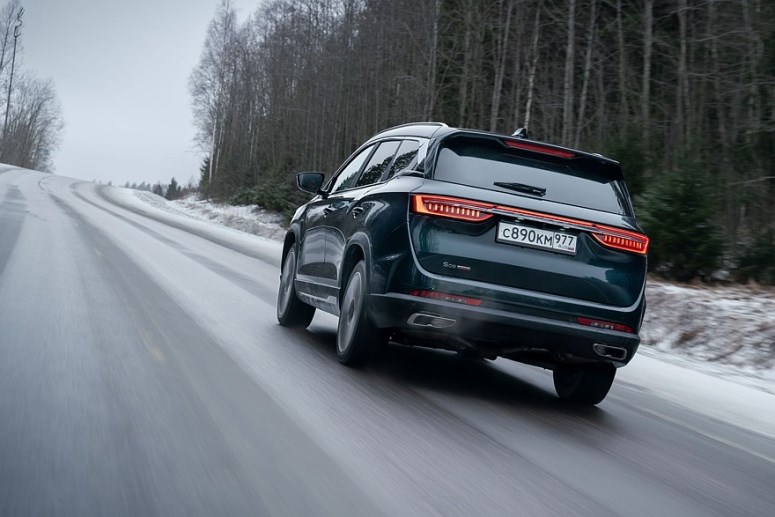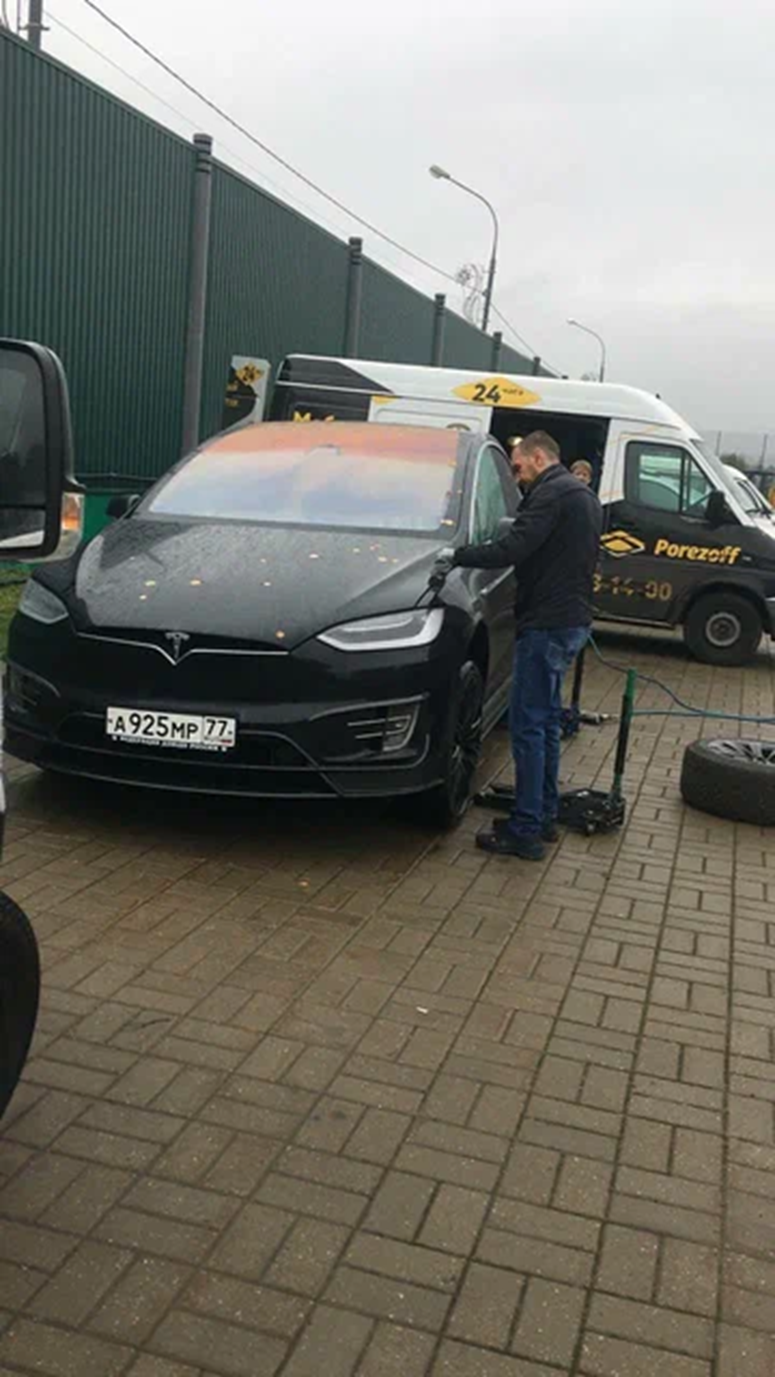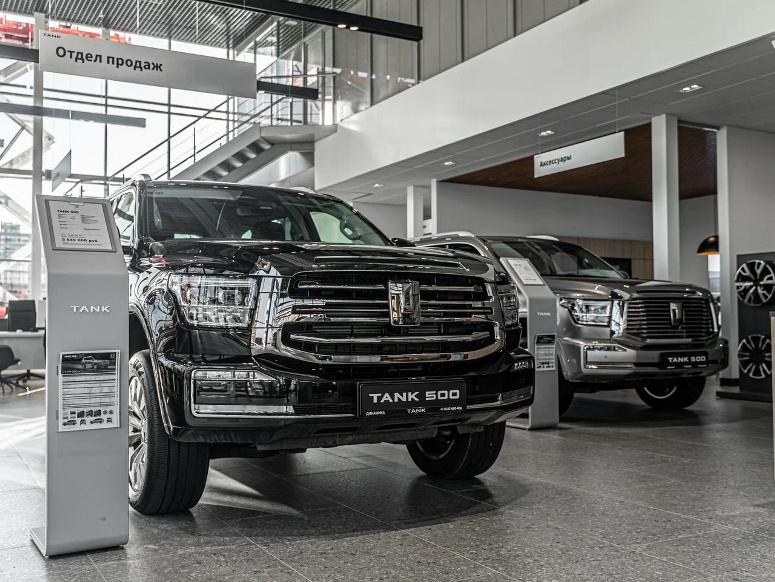With the arrival of its new model, Mercedes wants to push the premium electric vehicle market, which has so far been largely dominated by Tesla.
The electric S-Class, the luxurious EQS, will go on sale in spring 2021. At the end of the year, the electric equivalent of the E-Class, the EQE, will debut in the upper mid-range segment. But the strategic start is the EQA compact SUV.
EQA is a car, but it was not born from scratch. Aside from the powertrain and a few design tweaks (piano radiator, solid strip lighting), this is the current GLA, which hit the market in the spring of 2020 and has become, by the way, one of the most successful Mercedes series. One in ten vehicles sold in 2020 is a GLA or slightly larger GLB based on the same vehicle architecture.
It is therefore logical that Mercedes sees here the greatest chance of success for a new electric vehicle model. In addition, SUVs are ideal conversions to an electric car, as their bodywork basically already has room for large batteries. In this regard, the EQA follows the tradition of Mercedes’ first electric car, which debuted in 2019. Based on Daimler’s most popular SUV (GLC), the EQC has been sold 20,000 times in 2020.
When existing vehicle lines are electrified using hybrid technology or a pure electric vehicle, the available space usually suffers because the additional technology has to be located somewhere in the cabin.
With EQA, the situation is different, here Daimler engineers have worked so skillfully that not a single liter is lost, for example, in the volume of the trunk. With the drive, the designers decided easily: instead of an internal combustion engine, a modernized electric motor. The 140 kW electric motor is located on the front axle, and the transmission, differential, cooling system and power electronics are integrated into one unit.
The immediately available 375 Nm of torque tightens the front wheels and propels the compact SUV, which weighs around two tons, from 0 to 100 km/h in just under nine seconds. EQA can be hard to beat on a car with a single internal combustion engine.
However, at 160 km / h, the ceiling is at maximum speed, otherwise the 66.5 kW battery would drain too quickly. The range isn’t necessarily enough for people who like to ride long distances anyway. In the best case, 426 kilometers are indicated, i.e. with a moderate driving style and at moderate temperatures. In winter and when driving on the highway, experience shows that mileage can drop by about a third.
Comfortable charging power of 100 kW with the appropriate DC device. According to Mercedes, the battery charges from 10 to 80 percent in about 30 minutes. However, Daimler wants to improve on this, and another model with an even more efficient powerplant is expected to cover around 500 kilometers. It is not yet known whether this option will work with the nested AMG badge.
The EQA chassis uses a low center of gravity due to the location of the battery in the vehicle floor. Naturally, there is an erectile charge to restore energy. In EQA, you can find five driving modes, in reality only two will be used in everyday life, but the most automatic. Here, the computer most effectively determines the movement depending on temperature, speed or terrain — of course, only when the navigation system is on.
Those in the know will prefer the highest level of recovery, because in this case you control almost exclusively the accelerator pedal (with one pedal) and can save yourself by stopping with an active driving style. Thus, driving pleasure takes on a whole new gaming dimension.
Technical data Mercedes EQA 250:
- Length / width / height: 4.46 / 2.02 / 1.62 meters
- Engine: electric machine
- maximum power: 140 kW / 190 hp.
- maximum torque: 375 Nm
- 1-speed automatic, extended all-wheel drive
- Acceleration: 0-100 km / h in 8.9 seconds
- Maximum speed: 160 km / h
- Standard consumption: 17.7 kW of electricity / 100 km
- Battery capacity 66.5 kWh
- Charging time 6.5 hours (box locked); 30 minutes (100 kW DC charger, 10 to 80 percent)
- Mileage with one charge 426 km
- CO2 emissions: 0 g/km
- Price in Germany from 47,540.50 euros









